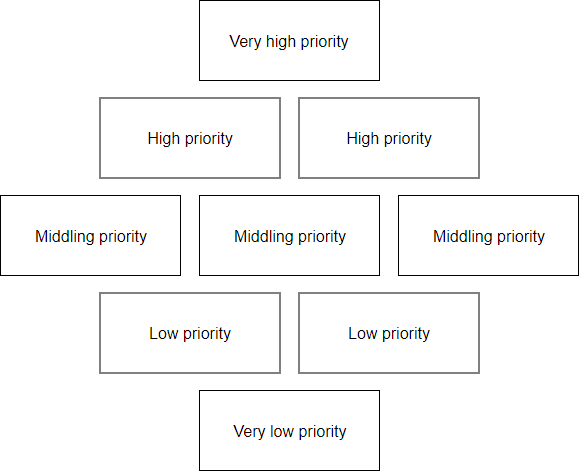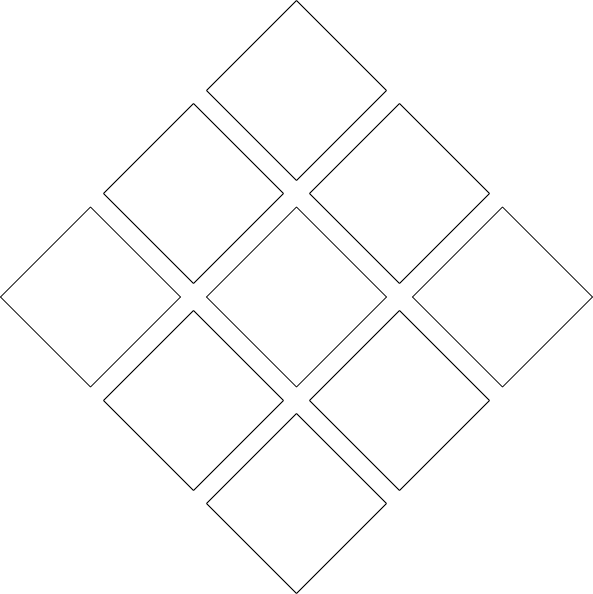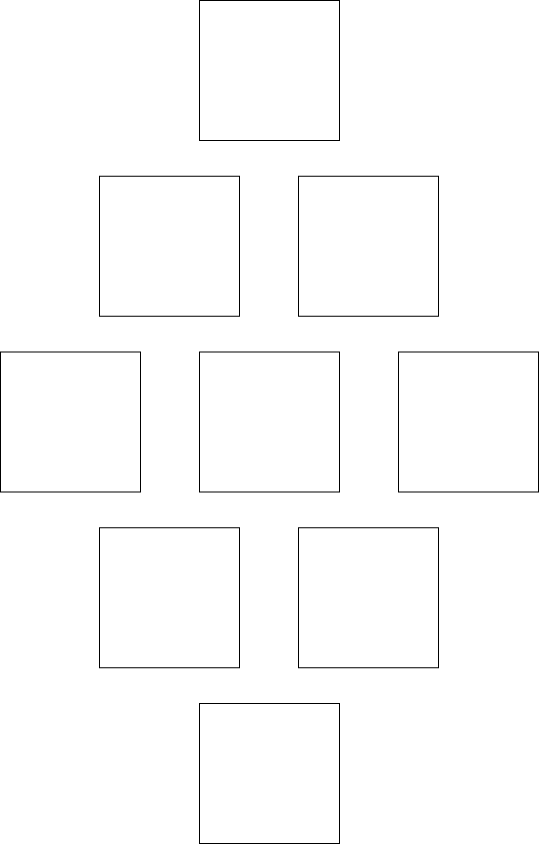The diamond ranking strategy is an excellent means of encouraging collaboration in the classroom or workshop. When making decisions, you often need to choose between a series of options. When told to rank options, people sometimes want to give the same rank to multiple options. In some cases, it might be more important to learn about the most and least preferred options rather than to spend time judging between the middle choices. A technique known as Diamond Ranking can help you focus on the most and least preferred options. Thus, through strategy, it targets the facilitation of discussion, sharing information, accommodating perspectives of others, negotiating, and consensus-seeking.

Edit this diamond ranking template
Performing Diamond Ranking in 4 Steps
The group’s task is to agree on a ranking of the options, in a diamond shape. You could tell people that you want just one top item, two on the next row, and so on, or you can leave the exact shape up to the group.
- The team receives nine ideas based on a particular question on the card.
- They place their first priority card at the top, followed by two in second place, three in third place, and a further two and then the card which represents the lowest priority at the bottom. This forms a diamond shape as shown in the diagram on the next page.
- The team should strive for a consensus amongst themselves. This may involve various discussions on the order of cards involving justification.
- When the groups have settled on a ranking they are happy with, share the results and the whole group can discuss what they mean.
Diagram Ranking Templates

Edit this diamond ranking template
